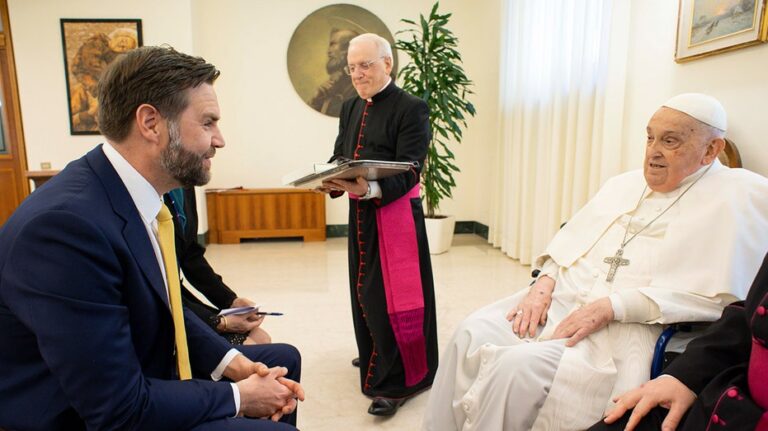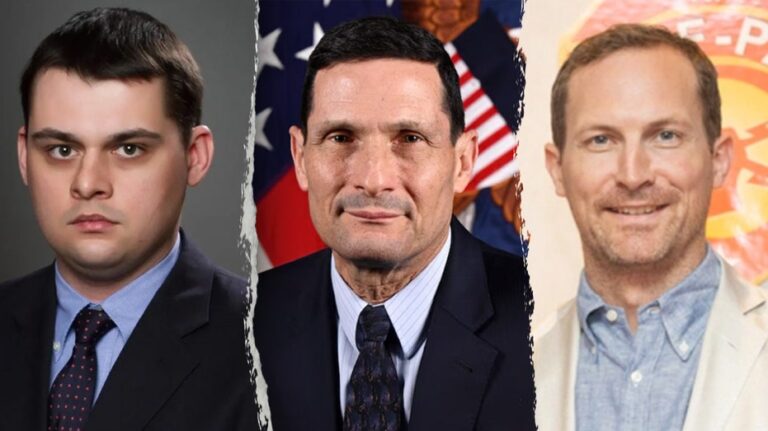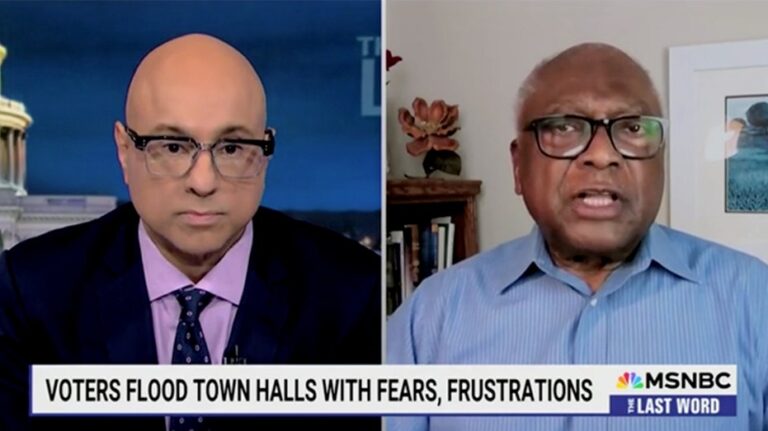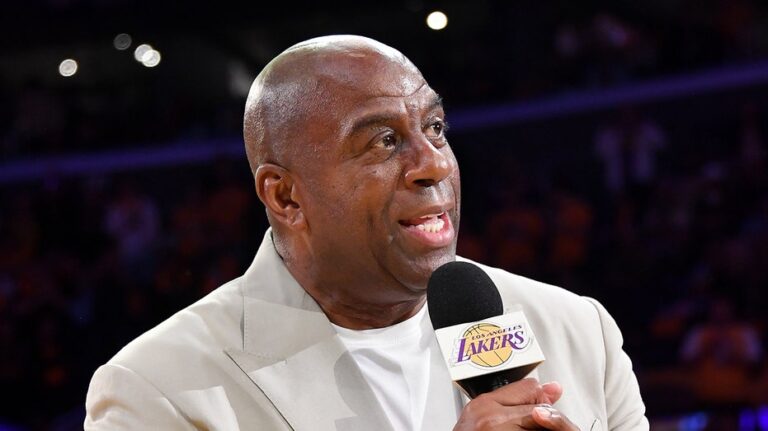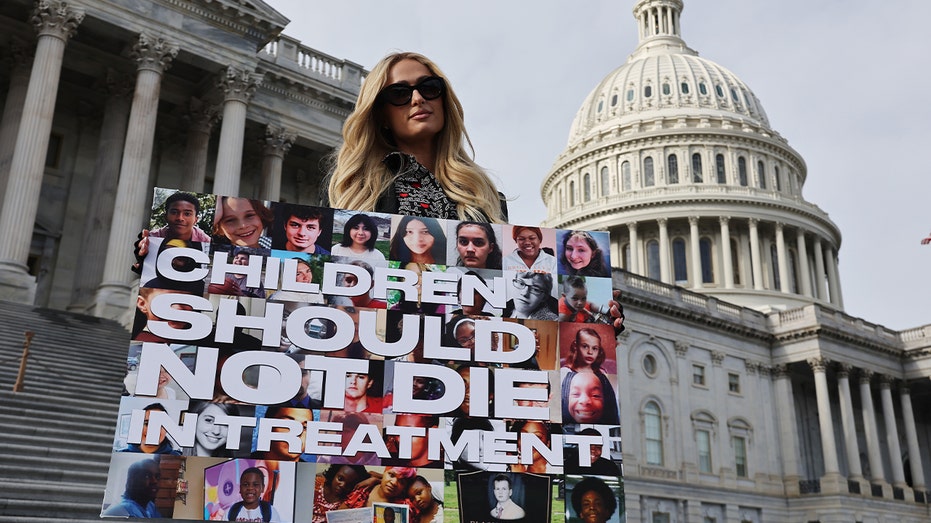
The “Stop Institutional Child Abuse Act,” which is backed by celebrity and entrepreneur Paris Hilton, passed Congress and is on its way to President Biden’s desk for his signature.
A bill backed by celebrity and entrepreneur Paris Hilton is heading to President Biden’s desk after the House passed the act on Wednesday, a week after it was cleared unanimously by the Senate.
The “Stop Institutional Child Abuse Act” requires more oversight for youth residential treatment facilities, a regulation Hilton has spent years lobbying for after testifying that she was sexually abused as a 17-year-old at a Utah boarding school.
The bipartisan bill was co-sponsored by 23 lawmakers including Sen. John Cornyn, R-Texas, Sen. Tommy Tuberville, R-Ala., Sen. Chris Murphy, D-Ct., Sen. Jeff Merkley, D-Ore. and Rep. Ro Khanna, D-Calif.
Once the bill is enacted, the Secretary of Health and Human Services has 45 days to enter into a contract with the National Academics of Sciences, Engineering and Medicine to “conduct a study to examine the state of youth in youth residential programs and make recommendations,” according to the text.
Hilton celebrated Congress passing the bill in a social media post on Wednesday where she stated, in part, “today is a day [she] will never forget.”
“This moment is proof that our voices matter, that speaking out can spark change, and that no child should ever endure the horrors of abuse in silence. I did this for the younger version of myself and the youth who were senselessly taken from us by the Troubled Teen Industry,” she wrote on X.
She thanked the “countless survivors who shared their stories,” the “families who stood with us” and the legislators “who chose courage over complacency.”
“And to the children still trapped in these systems: I will never stop fighting for you. Change is possible!” she concluded.
PARIS HILTON CHAMPIONS CHILD WELFARE REFORM: ‘MOST TRAUMATIZING EXPERIENCE OF MY LIFE’
The act requires the National Academies to submit a report within three years, and every two years thereafter for a decade, detailing various issues, including the “nature, prevalence, severity, and scope of child abuse, neglect, and deaths” in the programs.
The reports must also include who is funding the youth residential programs at the state and federal levels.
Recommendations will also be made on how to better train those working in fields that may come into contact with institutionalized youth, and how to implement “positive behavioral interventions.”
Hilton has also influenced similar legislation protecting institutionalized minors in eight states.

